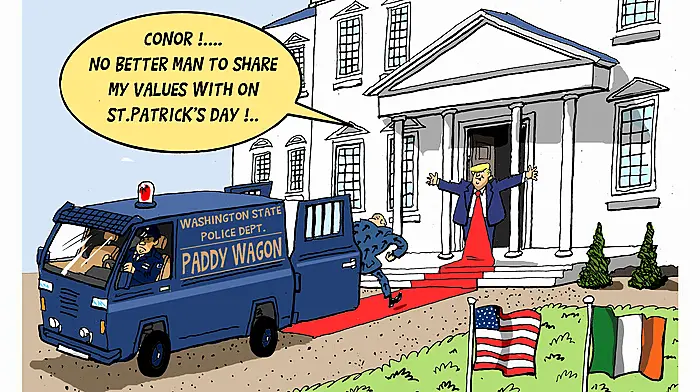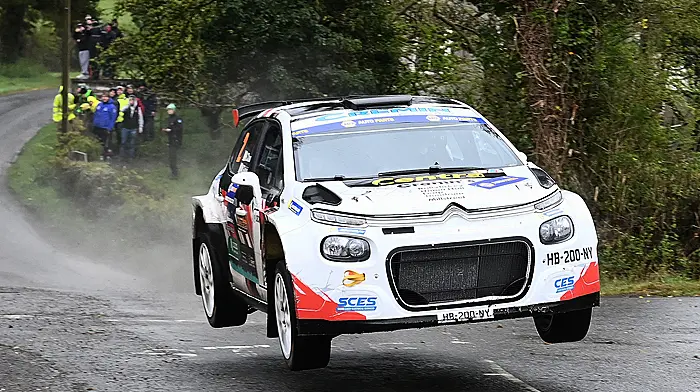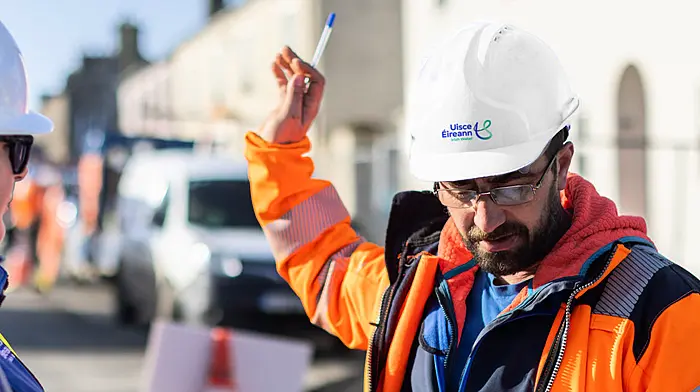IRISH neutrality is an issue that is regularly debated in this country. Partly because it is such a unique position for a country to assume these days, especially given our location, sandwiched in between Britain and the US, our closest neighbours on either side.
But it is timely that we are starting to analyse our political positioning. Not since WWII has the word ‘neutral’ held such significance for us.
The events of the past year have, if nothing else, shown us how important global positioning is, when it comes to matters of territory.
Ukraine would undoubtedly be subsumed by Putin’s Russia by now, were it not for its generous allies in the US and the UK, amongst others.
While there may well be ulterior motives in those countries for siding with Ukraine, the fact of the matter is that, in this instance, their support has been crucial to the invaded country’s survival thus far.
President Higgins certainly put the cats of war amongst the pigeons this week when he called into question the government’s motives when it came to its ‘guest list’ for the Department of Foreign Affairs’ planned Forum on Irish International Security Policy – the first meeting of which kicked off in Cork this week.
He accused the government of allowing us to ‘drift’ towards Nato and that guest list certainly appears skewed towards supporters of us joining the alliance.
However, talking about signing on the dotted line, and doing it are two different things. The president does not appear to want us to even debate the possibility of Ireland dropping its politically neutral status.
Finland set tongues wagging in April when it finally decided to abandon its own neutrality – but then with an aggressive neighbour on its doorstep, making very worrying soundings, who could blame the Finns for seeking safety in numbers?
We are far from the situation which Finland found itself in last year, but we have other and not necessarily unrelated matters to think about.
Our fishing fraternity have long been banging the drum about both Russian and Nato vessels off our coastline. Initially, the government was quick to turn a blind eye to their protestations, but when the West Cork fishers were the only ones to be able to extract a positive result from a request to the Russian embassy, people started to listen a little more closely to what they had to say.
Given that our navy is now a national disgrace – with patrol boats tied up at base due to lack of crew – our fishing folk have become the unofficial guardians of our seas.
Ireland’s lack of proper surveillance equipment to keep an eye on Russian boats off our coast won’t have gone unnoticed by the Russians themselves.
There is no doubt that they see us as the ‘weak link’ on the west coast of Europe. This is especially worrying, given the fact that so many communications cables run through the seas off the Irish coast.
Any large regime that wanted to incapacitate Europe’s lines of contact with the US and further afield would most likely see those cables as a perfect target to aid disruption.
Currently, Ireland does not have the ability to police those seas and protect those cables. We cannot even adequately police our seas from foreign trawlers illegally harvesting our fish, or drugs smugglers who also see Ireland as a weak link on the edge of one of their most lucrative markets.
What hope will we have if a massive power like Russia decides to disrupt Europe’ communications lines? We may not want to lose our neutral status, but a debate about friends in high places is surely worth having.










